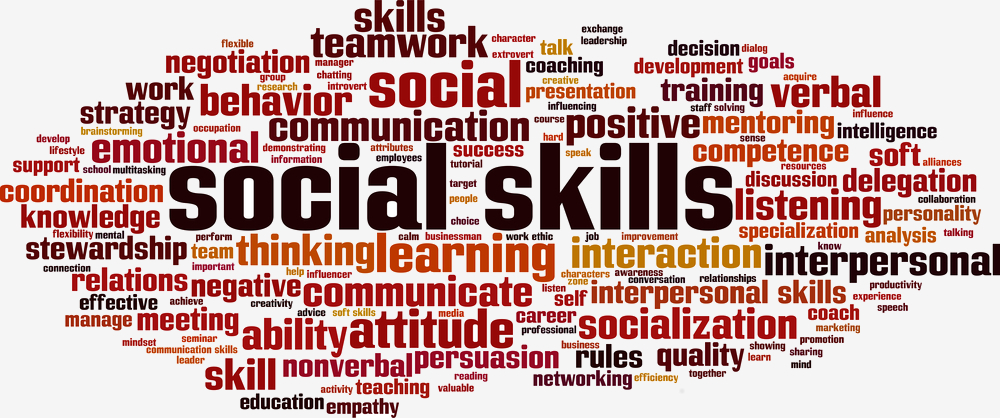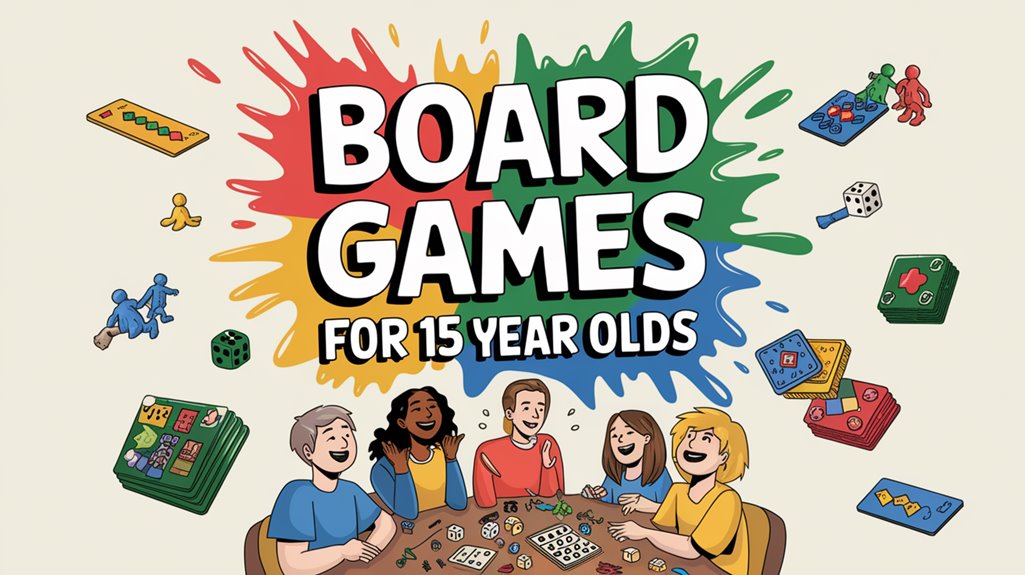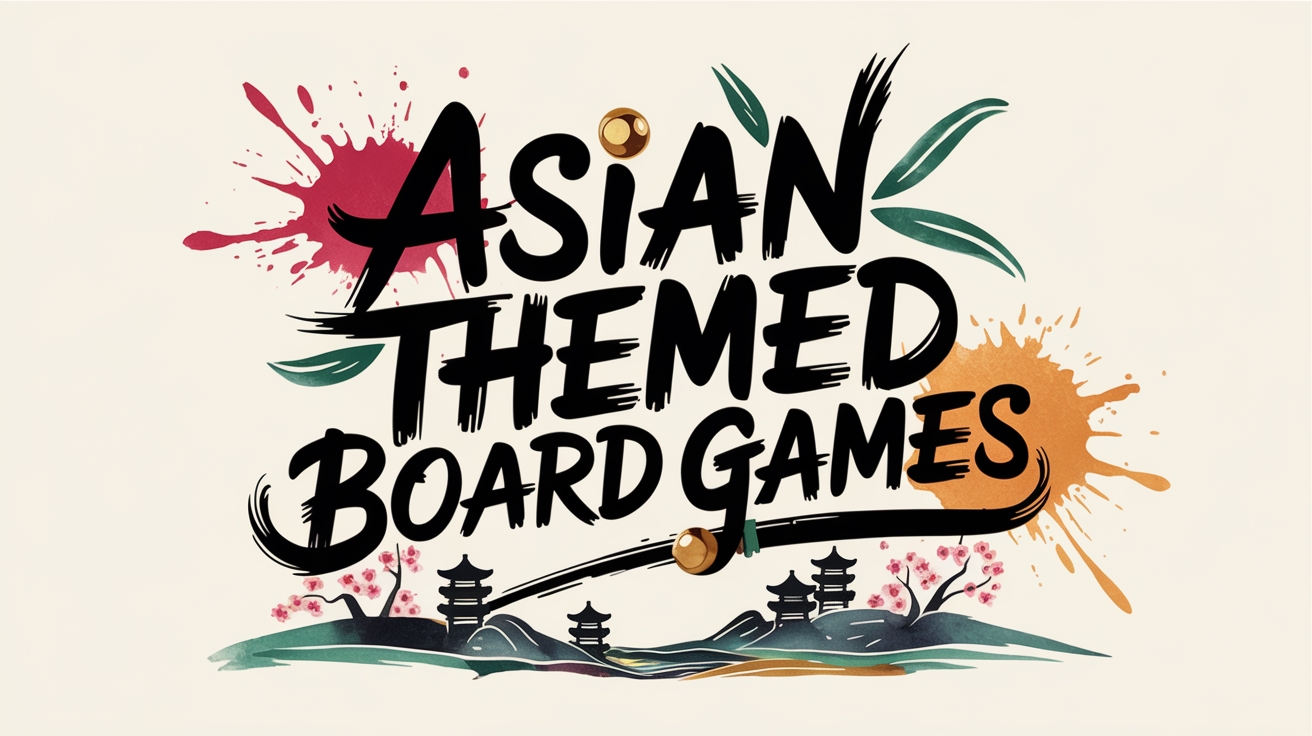Board games, often seen as mere pastimes, are powerful tools for developing social skills in both children and adults. They promote patience, clear communication, and teamwork while fostering empathy and negotiation abilities. Strategic elements in many games enhance problem-solving skills and cognitive functions. How do these games support such skill development, and what are the broader implications for personal and professional growth?
Taking Turns
Taking turns in board games fosters patience and respect for others’ time. This key element of gameplay teaches players to wait their turn, promoting managed impulsivity and strategic thinking. Adhering to turn-taking rules highlights fair play and the importance of allowing others to act, aiding in the development of self-discipline. This practice also emphasizes mutual respect, recognizing each player’s role in the shared enjoyment and success of the game. Board games, therefore, reflect respectful social interaction.

Communication
Effective communication in board games is essential for explaining rules and strategies, promoting clear articulation and turn-taking. These interactions enhance both verbal and non-verbal communication skills, vital for collaborative play.
Clear Rule Explanation
Mastering clear rule explanation is an essential communication skill honed through board games. Players learn to convey information succinctly, critical in both professional and personal settings. Clear explanations foster mutual understanding, minimize conflicts, and ensure smooth gameplay.
This practice enhances the ability to break down complex ideas, promoting effective communication without ambiguity. It also cultivates patience and empathy by considering others’ perspectives and knowledge levels. Ultimately, it empowers individuals to lead and collaborate effectively, aligning with values of autonomy and mutual respect.
Turn-taking Conversations
Turn-taking in conversations, essential for effective communication, is honed through board games. These games create a structured environment where players practice waiting their turn, active listening, and appropriate responses. This dynamic enhances cooperative and competitive exchanges, fostering better interpersonal relationships and teamwork.
Summary of communication benefits:
| Skill | Benefit |
|---|---|
| Active Listening | Boosts understanding and empathy |
| Patience | Cultivates self-control and respect |
| Responsive Interaction | Encourages collaborative problem-solving |
Board games thus promote comprehensive growth, equipping individuals to navigate diverse social settings.
Teamwork
Teamwork in board games involves collaborative problem solving and shared decision making to achieve common goals. Players strategize, allocate resources, and make collective decisions, fostering unity and enhancing team effectiveness.
Collaborative Problem Solving
Board games are excellent for fostering collaborative problem-solving, requiring players to unite towards common goals. This enhances social skills, cooperation, and shared responsibilities, promoting autonomy and mutual respect for navigating collective challenges.
Key benefits include:
- Enhanced Communication: Clearly conveying ideas and strategies.
- Conflict Resolution: Finding amicable solutions to disagreements.
- Strategic Thinking: Encouraging detailed planning and foresight.
- Trust Building: Relying on and having confidence in team members.
- Adaptability: Swiftly adjusting tactics to changing situations.
These skills are invaluable in both personal and professional settings, promoting teamwork and innovation.
Shared Decision Making
Playing board games requires shared decision-making, fostering teamwork by pushing players to collaborate and reach consensus. This process allows individuals to express opinions, negotiate strategies, and balance differing viewpoints. It enhances active listening, respect for diverse perspectives, and consensus-building, all essential for team success. Moreover, it nurtures mutual responsibility and trust, emphasizing that effective teamwork leverages individuality for shared goals. Board games, therefore, act as microcosms of real-world teamwork, teaching the balance of independence and cooperative effort.
Patience
Playing board games cultivates patience by requiring players to wait their turn and think strategically. The structured environment offers a safe space to practice this skill. Here are ways board games encourage patience:
- Turn-taking: Promotes self-control.
- Strategic planning: Requires forethought and careful consideration.
- Rule adherence: Teaches restraint and respect.
- Handling setbacks: Builds resilience through graceful acceptance of losses.
- Delayed gratification: Rewards come after prolonged effort and perseverance.
Empathy
Cultivating patience in gameplay fosters empathy as players learn to understand and anticipate each other’s emotions and perspectives. This connection promotes respect and deeper bonds among participants. By sharing experiences, players become attuned to peers’ feelings, recognizing signs of frustration, enthusiasm, or disappointment. Empathy encourages support, collective celebration, and overcoming challenges together. By stepping into each other’s shoes, players appreciate diverse viewpoints and emotional states, enriching the gaming experience and improving interpersonal relationships, thereby creating a more harmonious society.
Problem Solving
Board games promote strategic decision-making, enhancing critical thinking and problem-solving skills by requiring players to analyze situations and devise effective solutions. Regular participation can significantly boost these abilities.
Strategic Decision Making
Strategic decision making in board games enhances critical problem-solving skills by requiring players to analyze variables and anticipate outcomes. This process boosts cognitive flexibility and fosters an adaptive mindset. Players must evaluate options, foresee challenges, and make informed choices, which are skills transferable to real-life scenarios.
Key elements include:
- Resource Management: Allocating limited resources effectively.
- Risk Assessment: Weighing potential risks and rewards.
- Long-term Planning: Prioritizing future outcomes over immediate gains.
- Adapting Strategies: Adjusting plans based on new information.
- Opponent Analysis: Predicting and countering others’ moves.
Board games provide a dynamic setting for honing strategic decision-making skills, encouraging the exploration of various tactics and solutions.
Critical Thinking Development
Board games foster critical thinking by promoting problem-solving through interactive and challenging scenarios, enhancing strategic decision-making. Players analyze situations, weigh outcomes, and anticipate consequences, nurturing innovation and adaptability. Confronting diverse challenges teaches independent and flexible thinking, emphasizing both immediate and long-term goals. Unique obstacles require creative solutions, fostering lateral thinking and cultivating autonomy and resourcefulness. These experiences equip individuals to navigate real-world complexities confidently and ingeniously, highlighting the educational value of board games.
Negotiation
Board games that involve making deals and alliances help sharpen negotiation skills by simulating real-life scenarios where flexibility and diplomacy are vital. Players learn effective communication, understanding others’ perspectives, and finding mutually beneficial outcomes, fostering compromise and dynamic strategy adaptation.
Key negotiation skills developed include:
- Persuasion: Convincing others to support your plan.
- Empathy: Understanding the needs and goals of others.
- Trading: Swapping resources or favors to reach agreements.
- Conflict Resolution: Finding peaceful solutions to disputes.
- Decision-making: Evaluating options and making strategic choices.
These skills empower individuals to navigate social and professional environments confidently and competently.
Strategic Thinking
Board games often require players to develop and implement long-term plans to achieve victory, honing their strategic thinking skills. Players must anticipate opponents’ moves, allocate resources efficiently, and adapt to changing situations, fostering a mindset geared towards careful planning and tactical execution. These skills are important for strategic decision-making in real life.
| Board Game | Strategic Thinking Skill |
|---|---|
| Chess | Anticipating opponent’s moves |
| Settlers of Catan | Resource management |
| Risk | Long-term planning and strategy |
| Ticket to Ride | Route optimization |
| Pandemic | Team coordination and strategy |
Conflict Resolution
In board games, conflict resolution skills are honed as players navigate disagreements and competing interests to reach mutually acceptable solutions. This involves negotiation, compromise, and effective communication in a low-stakes environment, enhancing real-world capabilities. Key aspects include:
- Critical: Understanding opponents’ perspectives to negotiate effectively.
- Nurture: Valuing others’ feelings and viewpoints.
- Crucial: Taking time for discussions, avoiding rushed decisions.
- Ingenuity: Finding innovative solutions to disputes.
- Confidence: Communicating needs and boundaries respectfully.
These skills foster a cooperative and harmonious atmosphere in both gameplay and daily interactions.
Sportsmanship
Sportsmanship in board games highlights fair play, respect for opponents, and graciousness in victory or defeat. Players learn the value of rules and respect for structure, cultivating patience and humility. This environment encourages celebrating others’ successes and accepting setbacks gracefully, fostering a balanced view of competition. Ultimately, these lessons promote cooperation and empathy in everyday life.


